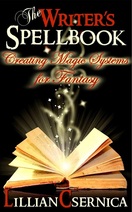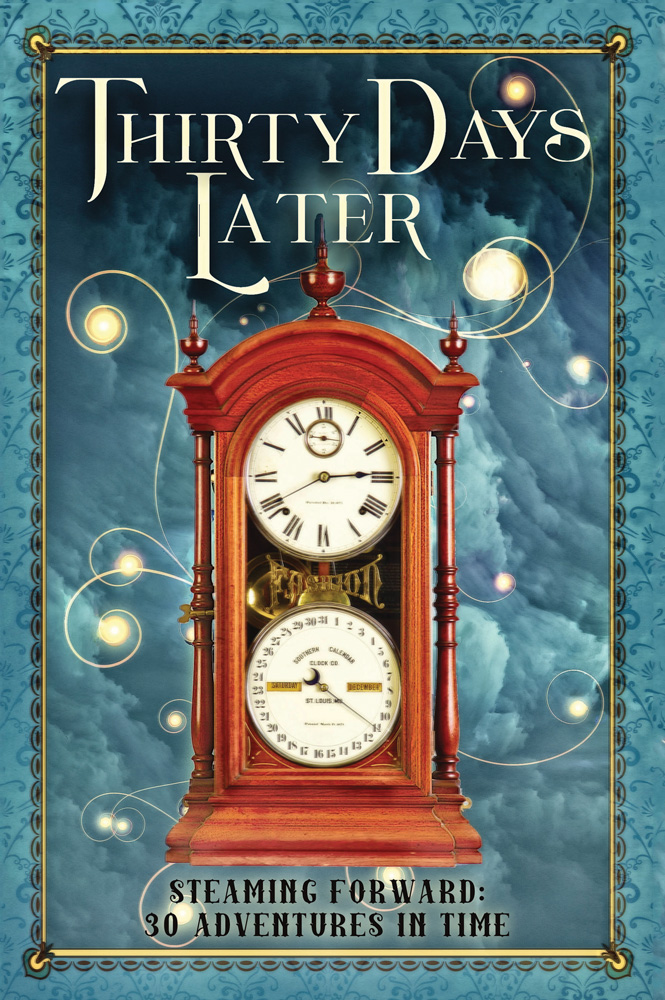by Lillian Csernica on February 27, 2014

One of the worst parts of being a writer is the waiting. Short story submissions are the classic example. Response times have sped up a whole lot thanks to the Digital Age, but the larger, better-paying, and more popular markets can still have response times of three months on average. That’s one fourth of the entire year! How can we possibly make a living if each story only goes out four times a year? The basic truth is that nobody makes a living from short story sales unless he or she has piled up so many with such high profile markets that the anthologists keep calling. Even so, there’s always going to be more money in novels.
Many guidelines include some indication of when you can expect some kind of response. Some markets even say, “If you haven’t heard from us by X date, contact us.” Submittable is a great service, but every now and then a story can fall through the cracks in the servers. If you’re sending a story to a market whose guidelines are this explicit about response protocol, that’s great. Most guidelines are not this explicit, and most if not all editors do not want to be badgered.
And so we come to the moment when ninety to one hundred twenty days have passed with no response. For me, this is the Great Crossroads of Anxiety. Do I query the editor? Is that particular editor even still with that magazine? What if I catch him or her on a bad day? Will that tip the balance and cost me the sale? If I don’t query, and something did happen to that story, then I’ll have lost all that time because I didn’t follow up. What if I decide to wait a little longer? How much is a “little” longer? Meanwhile, that story continues to hang fire as time slips away and other markets, possibly better matches for that story, open and close.
There are some variations inside the submission process that are worth noting. Let’s say you’ve submitted a story to a market where you’ve already sold at least one other story. If this market has a two tier reading system, odds are good you will bypass the slush pile entirely and move on to the shorter stack that gets closer attention from editors higher up in the decision-making. If you’ve sold a number of stories to a particular market, the usual submission process might not apply to your work at all. You could get heads-up notices from editors about upcoming projects before the official announcements. You might even get invitations to submit. Now you’re on the inside track and querying isn’t going to be an issue.
Several factors in the submission process are totally beyond our control. If you’ve entered the query window and you can’t decide what to do, ask around. Be polite. Be discreet. Keep in mind that everybody’s mileage may vary depending on their submission relationship with the particular market in question. If this still leaves you caught in the paralysis of ambivalence, then just leave it alone. Better to do nothing than to force the situation. We never know when we’re just inches from success.

That thought is enough to cause another anxiety attack. How close are we? When the rejection comes in, we wonder how close were we? When we do make a sale, it’s worth some time and thought to figure out what tipped the scales in our favor. Example: in a recent acceptance letter, the editor told me he and his staff had been hoping somebody would send in a story set in that particular aspect of dark fantasy. I hit the bull’s-eye. That one was pure luck combined with market study. I had no previous track record with that editor to tell me what he really liked and what he really hated.
Thanks to shop talk online, at conventions, and during writer’s group meetings, we have many opportunities to compare data on markets of interest. I’m always coming across market info that is not of immediate use to me, but I usually know somebody who could benefit from it. More than once, one quick email and possibly some beta reading has led to a sale for one of my friends and colleagues. The additional benefit here comes in the ability to compare notes on what this editor said or the time frame in which that editor tends to respond. This is the pot of gold at the end of the social media rainbow. The more we talk to each other, the more we share info, the faster all this happens thanks to technology, the sooner we make progress up the ladder of success.
This is how we learn to know when it’s time to query. This is what we do while we wait for editors to respond. We get ready. If we get an acceptance, hurray! If we get a rejection, we’re poised to send that story out like arrows fired from our bows. If we’ve used our time wisely and done our best to make our writing as strong as possible, our arrows will find the bull’s-eye. Again and again and again.









 John’s aide got me a bottle of Coke, a sovereign remedy when combating the pain and nausea of a migraine.
John’s aide got me a bottle of Coke, a sovereign remedy when combating the pain and nausea of a migraine. It’s Friday. Always a good thing.
It’s Friday. Always a good thing.






















